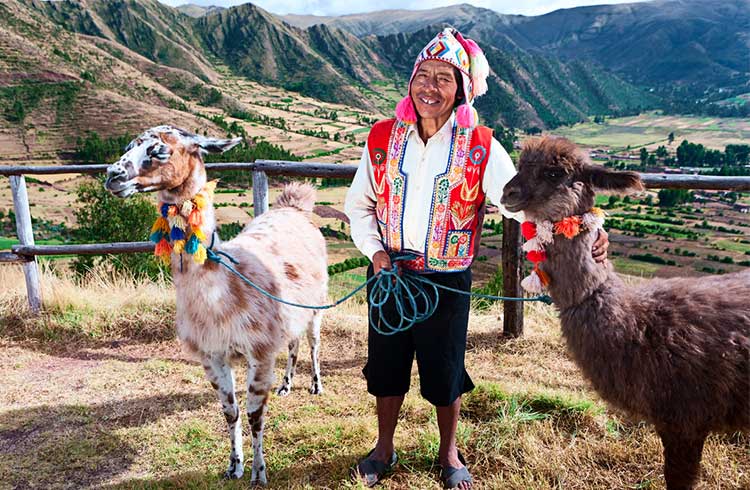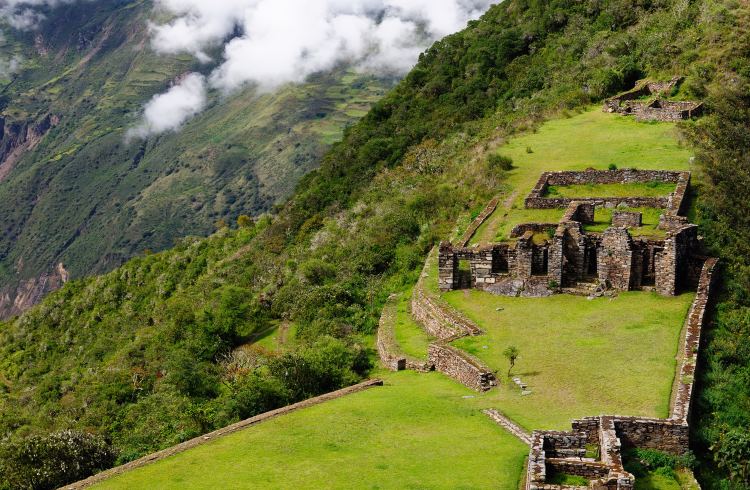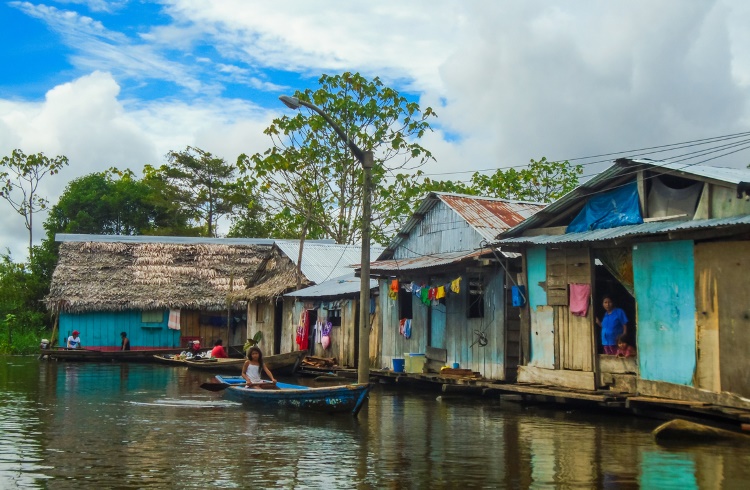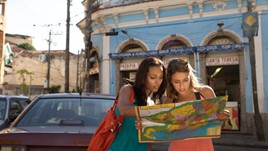5 Things You Should Know Before Traveling to Peru
From the ruins of Machu Picchu to the floating islands of Lake Titicaca and the mysterious Nazca Lines, Peru is one the most rewarding countries to visit in the world. These travel tips from fellow nomads will help you make the most of your trip.
 Photo © iStock/hadynyah
Photo © iStock/hadynyah
With archeological sites of pre-Colombian civilization, breathtaking mountain ranges,
Peru recognizes that tourism plays an important part in its developing economy, and has taken great steps in the last few years to change its poor security record. You'll find a lot more police – especially
If you choose to see the Nazca Lines from the air, ask a few questions to help you avoid the cowboy operators.
A few Nomads share their top safety precautions and useful tips that they wish they knew before their trip to Peru.
1. Learn Spanish and know your surroundings
"Know your Spanish and surroundings, dress modestly, limit the jewelry, and keep money hidden and safe."
Our tip: Whenever you're traveling to a foreign country, it's always helpful to know a bit of the local language, learn a bit of Spanish with our Spanish Language Guide.
2. Trust your tour operator
"Always travel with reputable service providers. On every trip to
All guides must be licensed in Peru. Guides operating inside protected areas, such as Machu Picchu Sanctuary, must also have a special permit from SERNANP (National Service for Protected Area Management).
Also, there are many levels of service on the trains; some just for locals, some just for Peruvians, and others for tourists. Most local trains will not let foreigners ride, so don't assume you can catch any train of your choice – even if you offer to pay full tourist price you often will be denied a ticket, possibly leaving you stranded."
– Rich Tobin, Conservation VIP
3. Be aware, and don't take risks
"I have lived and worked intermittently for 27 years in the Cusco region and Peru, and I'd say that I feel safer now than ever.
Terrorist activity is practically non-existent. And in regards to thievery, I think the Peruvian people have worked hard to raise the consciousness that foreign visitors need to have a positive experience in Peru, so tourism will stay strong and people will want to return.
It used to be fairly common that a foreigner was pick-pocketed in the
Having said that, there are still common rules that one must be aware of: in particularly crowded local areas (like the market, or bus stations) only carry the money you need at the time, and be "mindful" of your camera. It's easy to tell which taxis are legitimate, and which ones are not. If a tourist is aware and does not take risks then he/she should be fine."
– Holly Wissler, Wilderness Travel
4. Fake police in Peru
"Watch out for plain-clothed "policemen" in Peru.
Travelers might encounter a plain-clothed Peruvian claiming to be a policeman. While most individuals are real policemen, some have turned out to be thieves using this ruse to catch travelers off guard and steal from them.
If you come in contact with a Peruvian claiming to be a plain-clothed policeman, do not give him any valuable papers. Instead, insist on going straight to the local police station by foot."
5. Don't let mishaps ruin your trip
"If, at the end of the day, you are unfortunate enough to be robbed, just accept it as a travel experience.
Make sure that you have good insurance and that you've read the small print before arriving in Peru, so you know what is required to make a successful claim.
Excluding precious photos, most things can be replaced in Peru.
Don't let it spoil your holiday, and don't go thinking that every Peruvian is a thief. The overwhelming majority are kind, honest, hardworking people who detest the thieves probably more than you do – when they get robbed they usually don't have insurance!"
If you've got some great tips of your own, share them below!
Related articles
Simple and flexible travel insurance
You can buy at home or while traveling, and claim online from anywhere in the world. With 150+ adventure activities covered and 24/7 emergency assistance.
Get a quote


No Comments